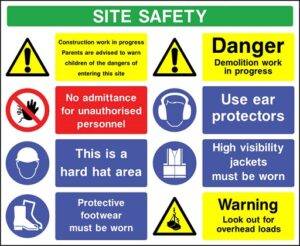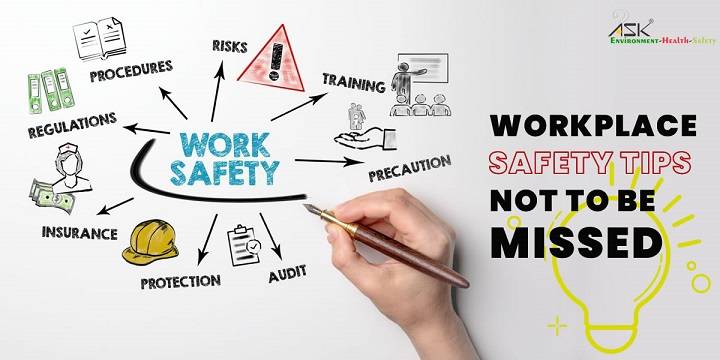In today’s fast-paced world, workplace safety is a paramount concern for both employees and employers. A safe working environment not only protects the well-being of employees but also contributes to increased productivity and reduced downtime. To ensure a secure and productive workplace, it is essential to adhere to a comprehensive set of safety tips and guidelines. In this article, we will delve into various aspects of workplace safety, providing you with valuable insights on how to create a secure work environment.
The Importance of Workplace Safety
Before we dive into specific safety tips, let’s understand the significance of workplace safety:
- Employee Well-Being: Ensuring workplace safety is a moral and legal responsibility of every employer. It guarantees that employees return home in the same condition as when they arrived at work. A safe workplace minimizes the risk of accidents, injuries, and illnesses.
- Productivity: A safe and healthy workplace fosters a positive working environment. When employees feel secure, they are more likely to be productive, motivated, and engaged in their tasks. This, in turn, can lead to higher efficiency and quality of work.
- Legal Compliance: Compliance with safety regulations and standards is not optional. Failure to adhere to these rules can result in legal consequences, hefty fines, and damage to a company’s reputation.
General Workplace Safety Tips

Here are some general safety tips that apply to almost every type of workplace:
Conduct Regular Safety Training
- Implement ongoing safety training programs for employees. Ensure they are well-versed in safety protocols and procedures.
Maintain a Clean and Organized Workplace
- Keep work areas clutter-free to prevent accidents and tripping hazards.
Use Appropriate Personal Protective Equipment (PPE)
- Mandate the use of PPE like helmets, safety goggles, gloves, and masks, as required by the nature of the work.
Emergency Preparedness
- Develop and regularly update emergency response plans for various types of crises, such as fires, natural disasters, or medical emergencies.
Promote Open Communication
- Encourage employees to report safety concerns, near misses, or hazardous conditions without fear of reprisal.
Industry-Specific Safety Tips
Different industries come with unique safety challenges. Here are industry-specific safety tips to consider:
Construction Industry
- Fall Protection: Use proper fall protection equipment when working at heights.
- Heavy Equipment: Ensure operators are trained and certified to operate heavy machinery.
Healthcare Industry
- Infection Control: Implement strict infection control measures to protect staff and patients.
- Patient Handling: Train healthcare workers in proper patient lifting and handling techniques to prevent musculoskeletal injuries.
Manufacturing Industry
- Machine Safety: Regularly inspect and maintain machinery to prevent accidents.
- Chemical Safety: Store and handle hazardous chemicals in compliance with safety guidelines.
Office Environment
- Ergonomics: Provide ergonomic workstations to prevent repetitive strain injuries.
- Cybersecurity: Educate employees about online security to protect sensitive data.
Safety Culture and Employee Involvement
Establish a Safety Committee
- Create a team responsible for safety compliance and improvement.
Reward and Recognize Safety Efforts
- Implement a system to reward employees for safe practices and accident prevention.
Regular Safety Audits
- Conduct routine safety audits to identify potential hazards and areas for improvement.
Workplace safety should be a top priority for all organizations. It not only protects employees but also enhances the overall productivity and reputation of the company. By following the safety tips outlined in this article, you can create a secure and conducive work environment, ensuring that employees thrive and contribute to the success of the business. Remember, safety is not a one-time consideration but an ongoing commitment to the well-being of everyone involved in the workplace.


